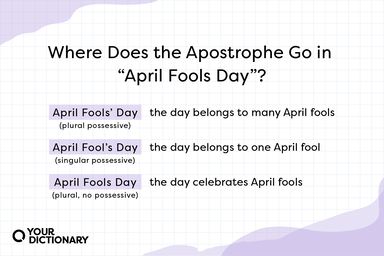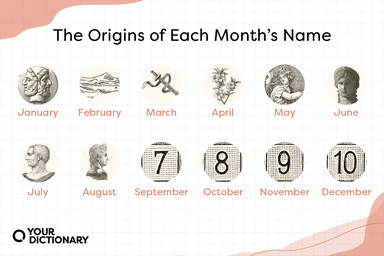Though the emperor Julian improved its defences, the town was destroyed by the Huns under Attila, in the 5th century, but Justinian did his best to restore it.
The terror of their name had long preceded them, and Bela, in 1235 or 1236, sent the Dominican monk Julian, by way of Constantinople, to Russia, to collect information about them from the "ancient Magyars" settled there, possibly the Volgan Bulgarians.
He had been an officer of the guard under Julian and Jovian, and had risen high in the imperial service.
Towards the north-east, the point where the Julian Alps approach close to the seashore (just at the sources of the little stream known in ancient times as the Timavus) would seem to constitute the best natural limit.
For a century, from Maximian to Maximus (286-388), it was (except under Julian, who preferred to reside in Paris) the administrative centre from which Gaul, Britain and Spain were ruled, so that the poet Ausonius could describe it as the second metropolis of the empire, or "Rome beyond the Alps."




